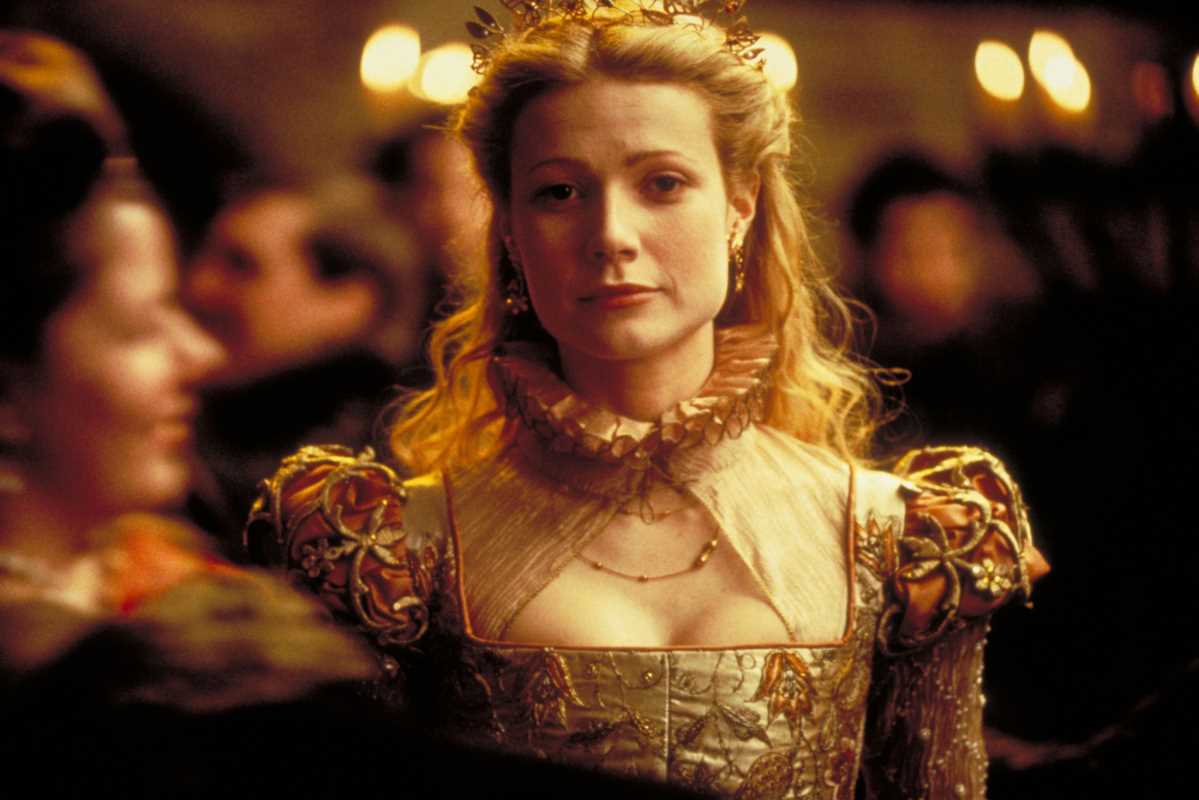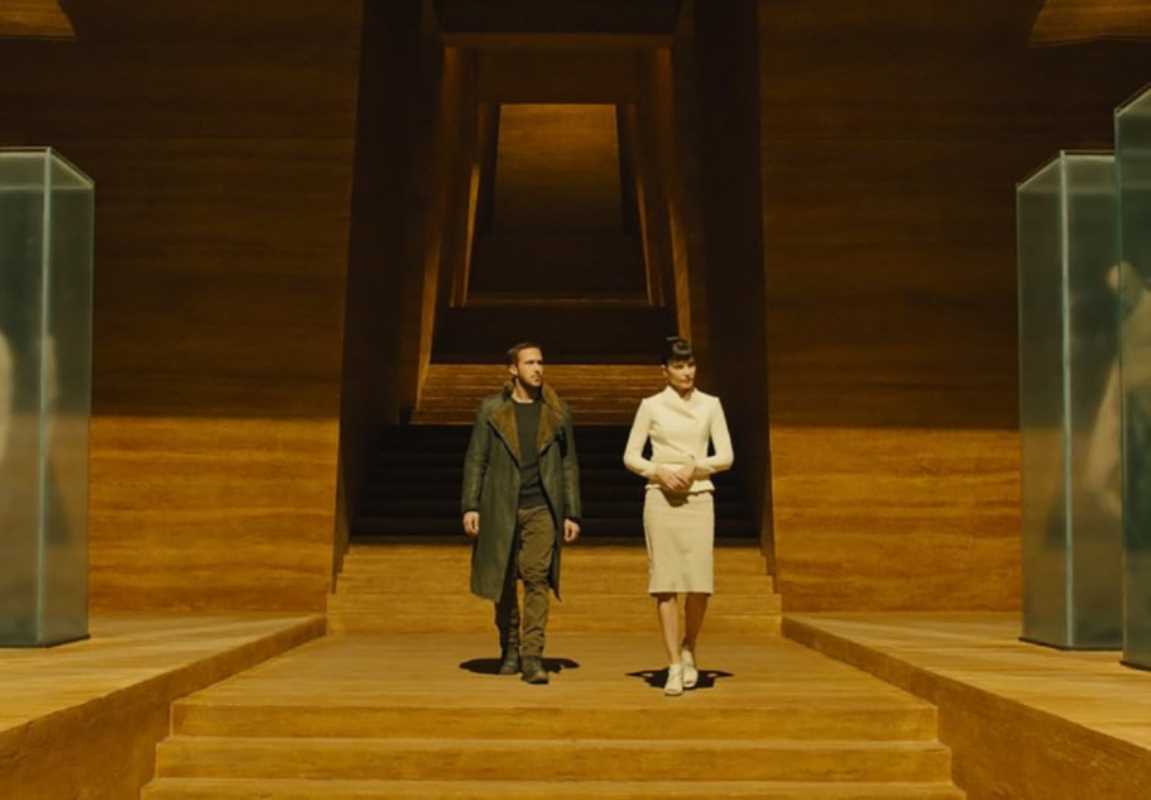The Academy Awards are intended to represent the pinnacle of cinematic achievement. An Oscar win is presented as a definitive statement on the best film, performance, or technical craft of a given year. However, the history of the awards is filled with decisions that have been met with public and critical disagreement. This document provides an analysis of several notable Oscar wins that generated significant controversy, examining the context of the nominees and the reasons for the ensuing debate.
1. Shakespeare in Love Wins Best Picture Over Saving Private Ryan (1999)
- Context of the Nominees: The 71st Academy Awards featured a Best Picture race largely seen as a competition between two films. Steven Spielberg’s Saving Private Ryan was a visceral and groundbreaking war epic, praised for its technical mastery and harrowing depiction of the D-Day invasion. Its primary competitor was Shakespeare in Love, a witty and charming romantic comedy that imagined a love affair for William Shakespeare. Other nominees included Life Is Beautiful, The Thin Red Line, and Elizabeth.
- The Reaction: When Shakespeare in Love was announced as the winner, it was met with widespread surprise. Saving Private Ryan was considered the presumptive favorite, having won top honors from critics' circles and the Directors Guild of America. Spielberg also won the Best Director Oscar for his work on the film that same night.
- Analysis of the Controversy: This outcome is frequently cited as a prime example of a successful and aggressive awards campaign influencing voter decisions. The film's producer, Harvey Weinstein, ran an unprecedentedly public and costly "For Your Consideration" campaign, a strategy that was not as common at the time. This involved extensive advertising, press outreach, and private screenings for Academy voters. The controversy stems from the belief that the more lighthearted, feel-good nature of Shakespeare in Love, combined with a superior marketing campaign, ultimately persuaded voters over the artistically ambitious and culturally significant Saving Private Ryan.
2. Adrien Brody Wins Best Actor for The Pianist (2003)
- Context of the Nominees: The Best Actor category at the 75th Academy Awards was exceptionally competitive. The nominees included two of Hollywood’s most iconic actors: Jack Nicholson for About Schmidt and Daniel Day-Lewis for Gangs of New York. Both were past winners and had delivered highly acclaimed performances. The other nominees were Nicolas Cage for Adaptation. and Michael Caine for The Quiet American. Adrien Brody’s performance as Władysław Szpilman in The Pianist was critically praised, but he was considered a longshot.
- The Reaction: Brody’s win was a major upset. His genuinely shocked reaction, which famously included an impromptu kiss with presenter Halle Berry, underscored the unexpected nature of the victory. While his performance was respected, the consensus was that the award would go to either Nicholson or Day-Lewis.
- Analysis of the Controversy: The controversy here is less about a perceived lack of merit and more about the deviation from expected outcomes. Brody, then 29, became the youngest winner in the category's history. His win demonstrated the Academy’s capacity to bypass established legends in favor of a younger actor who delivered a deeply committed and transformative performance. The debate centered on whether Brody's powerful but singular performance truly surpassed the masterful work of seasoned veterans like Nicholson and Day-Lewis.
3. Crash Wins Best Picture Over Brokeback Mountain (2006)
4. Marisa Tomei Wins Best Supporting Actress for My Cousin Vinny (1993)
- Context of the Nominees: For the 65th Academy Awards, the Best Supporting Actress category was filled with veteran, respected actresses from dramatic films: Judy Davis (Husbands and Wives), Joan Plowright (Enchanted April), Vanessa Redgrave (Howards End), and Miranda Richardson (Damage). Marisa Tomei was nominated for her comedic role as Mona Lisa Vito in the broad comedy My Cousin Vinny.
- The Reaction: Tomei's win was a significant surprise, as comedic performances are rarely recognized with major acting awards. Her victory was so unexpected that it fueled a persistent and unfounded conspiracy theory that the elderly presenter, Jack Palance, had read the wrong name from the teleprompter.
- Analysis of the Controversy: The controversy was rooted in genre bias. The Academy has historically favored dramatic performances over comedic ones. Tomei’s win for a lighthearted role over four actresses in serious, critically lauded dramas was seen as an anomaly. The rumor that the win was a mistake, though repeatedly debunked by the Academy, highlighted the public's disbelief that a comedic performance could triumph over a field of dramatic heavyweights.
5. Green Book Wins Best Picture (2019)
- Context of the Nominees: The 91st Academy Awards featured a diverse slate of Best Picture nominees, including Alfonso Cuarón's critically adored black-and-white film Roma, the superhero blockbuster Black Panther, and Spike Lee's historical drama BlacKkKlansman. Green Book, a biographical film about the friendship between an African-American classical pianist and his Italian-American driver in the 1960s, was also a contender.
- The Reaction: While Green Book had won some precursor awards, its victory was met with significant criticism. The film had been accused of employing a "white savior" narrative and simplifying complex racial issues. The family of the film’s subject, Dr. Don Shirley, also disputed the accuracy of its portrayal of events.
- Analysis of the Controversy: The win was controversial because many felt the film offered an outdated and overly simplistic approach to race relations, especially when compared to more nuanced nominees like BlacKkKlansman and Roma. Critics argued that the Academy had once again chosen a comfortable, feel-good film about race instead of a more challenging and artistically daring one. The victory was seen as a regressive choice that did not reflect the progress the industry claimed to be making in terms of diversity and representation.
 (Image via
(Image via





